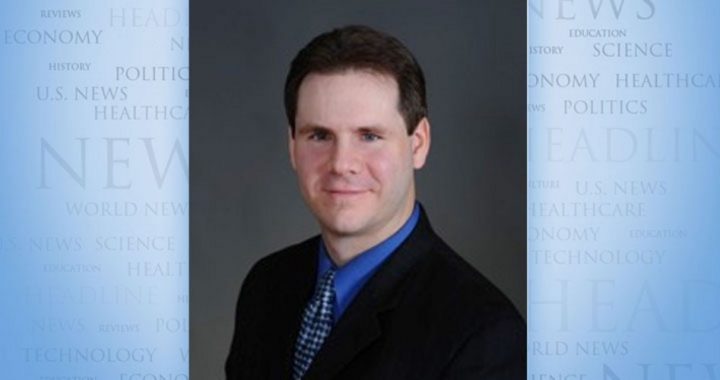
To use a twist on an Archbishop Fulton J. Sheen line, millions of people hate what they think Christianity is. Far fewer people hate what Christianity actually is.
Bringing this to mind, again, is a comment I recently came across from an avowedly “non-religious” mother who was upset that her seven-year-old’s Mormon best friend wouldn’t stop talking to him about Bible stories and Jesus. “I don’t want him to be religious, honestly,” the woman wrote to an advice columnist in April. “I want him to learn that you should be a good person and do the right thing because it’s the right thing to do, not because God will punish you if you don’t.”
This is a common atheist perspective, one sometimes expressed even by Christianity’s more intellectual critics, such as the late essayist Christopher Hitchens and biologist Richard Dawkins. Yet it reflects a comic-book understanding of faith.
Here’s reality: Religious parents want their children to be good people, too (of course!), “and do the right thing because it’s the right thing to do”; they know that motivation by love of God is the ideal. But the wise among them understand something else as well: Fear of God is also necessary.
In fact, something corresponding to the love of God/fear of God model is reflected where many would least expect it: in psychology’s prescriptions. Famed psychologist Erik Erikson, by way of his well known “Stages of Psychosocial Development,” informed that when a child is in a certain early developmental stage, he only understands something is wrong if he gets punished for it.
This reality may disturb the moderns who’d rather romanticize matters. Yet it’s akin to how very young children can’t understand that an amount of liquid remains the same despite being poured from one size and shape container into one with different dimensions. Certain things are still beyond their immature minds — moral understanding is one of them.
For this reason, the parent/child model must in a way reflect the God/child-of-God model in that a youngster should ideally love his parents but also fear that he’ll endure their wrath should he misbehave. For what else will keep him in line and prevent him from hurting himself and/or others until he’s old enough to “do the right thing because it’s the right thing to do”? Moderns’ failure to accept this reality is one reason today’s parenting is often so poor and too many children are woefully uncivilized.
But here’s the point: What do you do with people who, morally stunted and never rising out of those early developmental psychosocial stages, never learn to “do the right thing because it’s the right thing to do” and only respond to fear of consequences? Do you with resignation just accept that they’ll do wrong?
Some may now say that this is what the police and judicial system are for, and recalcitrants very well may end up behind bars. But this raises a question: Why even have police and a judicial system if we’ll only accept a standard whereby people “do the right thing because it’s the right thing to do”?
How is it that we find fear of God’s wrath too unacceptably primitive but instinctively accept fear of government’s wrath as wholly necessary?
Moreover, isn’t it better if the fear-of-God model is firmly in place, and aiding in behavioral control, so that we don’t have to resort to police and judicial action nearly as often?
As for Christianity, its critics should know that it recognized the “do the right thing because it’s the right thing to do” ideal ages ago. Good theology holds that there are two types of valid repentance. One, “perfect contrition,” is the ideal and is when you’re sorry for having committed a transgression because you know it’s wrong and you love God. The other, “imperfect contrition,” is when you’re sorry only because you fear punishment.
The latter is accepted because Christians understood long ago what Erickson propounded long before he propounded it: that moral understanding will, like it or not, be beyond a certain population segment. Moreover, even generally “good” people will have “missing pieces” in their moral compasses; that is, many moral principles will be in their hearts so that they’ll genuinely feel bad when violating them. One or two (or more), however, may not be, so that they *may* know (intellectually) that violating them is wrong, but not actually feel bad at all when doing so.
Accepting only perfect contrition would be what’s most unreasonable: accepting only perfection — and perfection is not a thing of this world.
Anyway, observing today’s power-mad politicians, increasingly above the law and having no respect for it, it could occur to one that maybe, just perhaps, their behavior might be a tad better if they believed there was accountability in the next world that no amount of political clout could forestall.
As for Christianity’s critics, know that faith will certainly seem like a snake-handler’s domain when you have a snake-handler’s understanding of it.
Contact Selwyn Duke, follow him on Gab, MeWe or Parler or log on to SelwynDuke.com.



